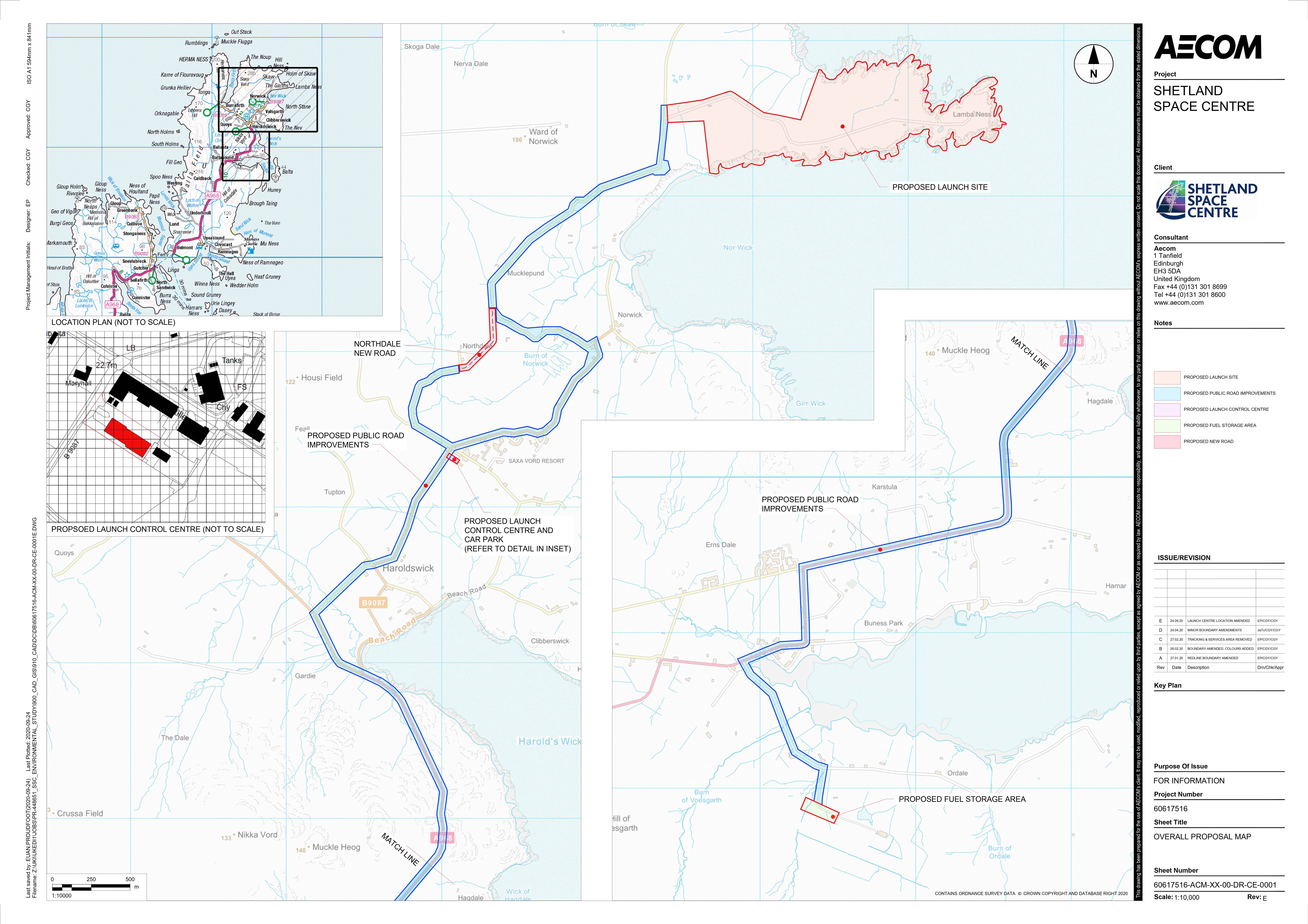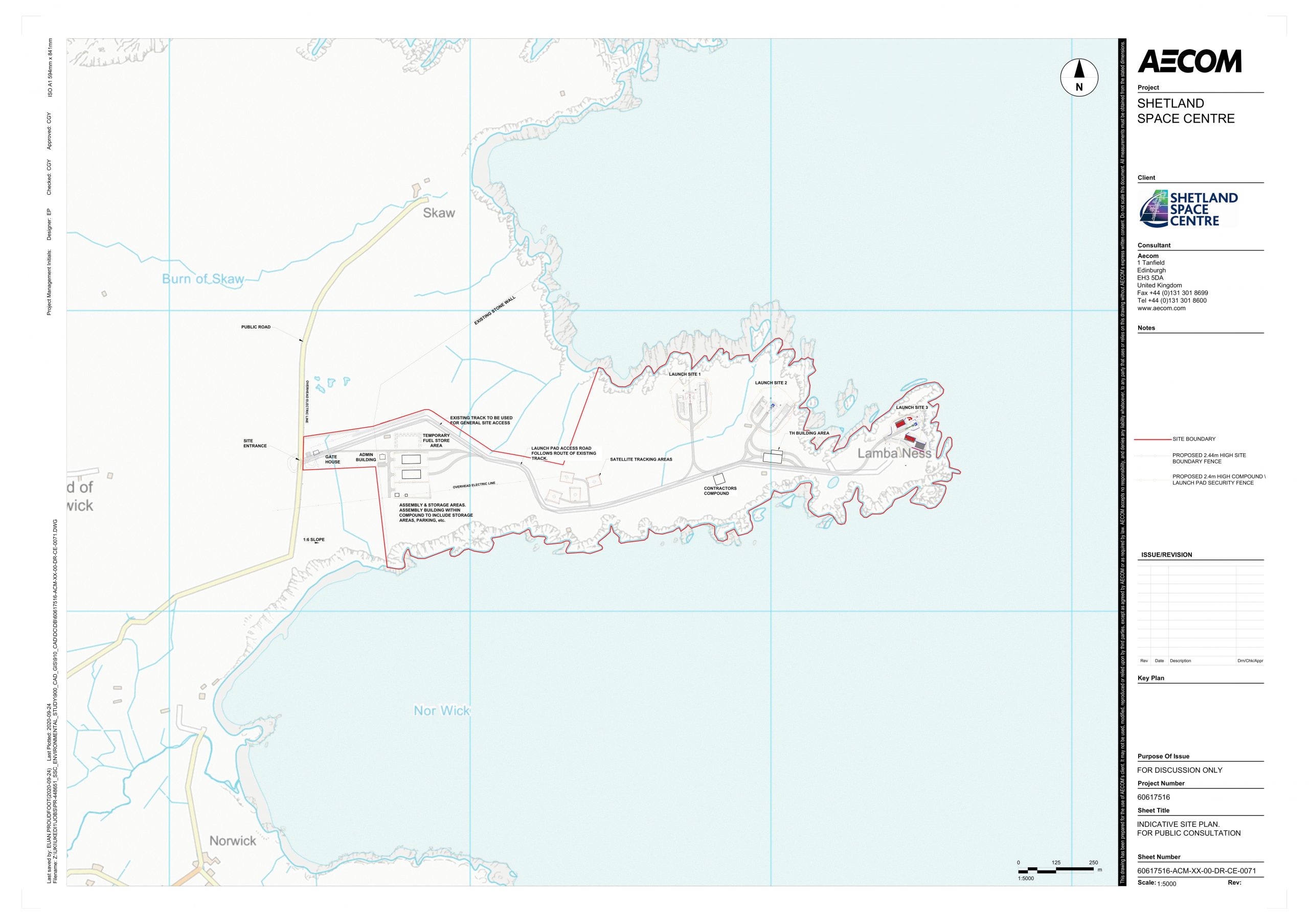https://twitter.com/GrantTurnbull_/stat ... 1673499649
UK should be free to exclude EU from defence contracts, says MoD
https://www.ft.com/content/e3d5f61c-812 ... tlhomepageThe UK should be free to exclude EU companies from major defence contracts after Brexit to ensure maximum benefit to the British economy, according to a report commissioned by the Ministry of Defence.
Under EU competition law, Britain is required to invite European companies to bid for defence contracts unless the MoD can show they are essential to national security interests.
But the report by the Conservative MP and former defence minister Philip Dunne calls on the MoD “to take early action to safeguard its freedom of manoeuvre in procurement post Brexit”.
Mr Dunne said that while he was not arguing for the MoD to only “buy British”, the move was one of a number of steps it could take to enhance economic prosperity from the UK defence sector.
“Part of the rationale is that we have the largest defence footprint in Europe— we need to sustain that,” he added.
Mr Dunne’s report forms part of efforts by defence secretary Gavin Williamson to persuade the chancellor Philip Hammond to increase military spending as the MoD faces a £20bn funding shortfall over the next decade.
The initial findings from a long running review of UK defence capability, the defence modernisation programme, were due to be announced by Mr Williamson before a Nato summit this week, but have so far been blocked by Mr Hammond and the prime minister Theresa May.
Following Mrs May’s pledge last month to increase spending on the National Health Service by £20bn in real terms by 2023-24, military officials fear the public finances will be too squeezed to boost the defence budget.
Mr Dunne’s report found that while the MoD was starting to give greater attention to the wider benefit to the UK economy when awarding multi billion pound defence contracts, more needed to be done.
The input from defence, said Mr Dunne, was “considerable and has significant potential to grow the UK’s prosperity further still. But it is generally unrecognised or taken for granted”.
Although the Treasury and Office for National Statistics do not measure the economic benefit from defence, Mr Dunne’s report said the sector’s direct contribution to gross domestic product was £43bn in terms of annual spending and exports.
Any move to guarantee more contracts for UK defence companies will be welcomed by trade unions which have called for the government to do more to protect jobs in the aerospace and shipbuilding industries.
This year the MoD faced criticism after it announced a contract to build three support ships for Britain’s new £6bn aircraft carriers would be opened up to international competition.
The decision followed the publication of a national shipbuilding strategy in 2017 which stated only warships would be UK-only contests.
Ian Waddell, general secretary of the Confederation of Shipbuilding and Engineering Unions, said: “It’s vital that shipbuilding strategy and broader defence industrial strategy underpins the ability of the UK workforce to design, build and maintain naval vessels.”
British prosperity relies on defence according to independent review
https://www.gov.uk/government/news/brit ... ent-review
- Independent report
Growing the contribution of defence to UK prosperity: a report for the Secretary of State for Defence by Philip Dunne MP
https://www.gov.uk/government/publicati ... p-dunne-mpImpact of Brexit
Brexit offers the opportunity to consider whether it remains appropriate for Defence to operate as if the Defence and Security Directive and Article 346 of the Lisbon Treaty continue to apply to defence procurements. There should be a conscious strategic decision as to whether and how to take advantage of any new dispensation, rather than just a rolling-over of the substance of the current process.
The practice of when to apply the existing Article 346 exemption could be examined, to ensure that the UK maintains its critical skills for development of capability which ensures freedom of action and operational advantage. As customer nations for our defence exports who are not members of the EU increasingly seek industrial participation in-country as part of their contractual arrangements, Brexit provides an opportunity to consider if the UK should seek greater UK prosperity benefits from our own procurement.
Such arguments are being reflected in the current debate about the Type 31e frigate and Fleet Solid Support (FSS) procurements for the Royal Navy. The Type 31e has clearly been defined as a complex warship which will be built in the UK, but with a competitive tender process, including international contractors to help ensure best value for money. By contrast the FSS, as a Royal Fleet Auxiliary vessel, is not currently classed as a warship and therefore will not be subject to the Article 346 exemption. For FSS and as part of the early objective-setting for other future significant procurements, whether competitive or single source, development of relevant prosperity weighting for UK content and criteria to assess tenders should be considered.
When developing selection criteria for new procurements starting after withdrawal from the EU and during the implementation period, it would be desirable for some weighting to be attached to the prosperity impact in the UK and for the criteria to be transparent to the tenderers, whether international or domestic. (Recommendation 6.34)
Some internal criticism of the time and complexity in procuring equipment and services generally stems from overly rigid application of the EU procurement rules. Acknowledging that the current regime is likely to continue through the implementation period, there is a clear opportunity for the MOD to consider whether it wishes to seek any changes in approach when the UK can frame its own procurement regulations.
MOD to take early action to safeguard its freedom of manoeuvre in procurement post Brexit. (Recommendation 6.35)
Consideration needs to be given as to whether and how any differing UK prosperity weighting and criteria should apply to major procurements expected to be placed after the implementation period following Brexit. (Recommendation 6.36)
Defence is important for Welsh prosperity, independent review concludes
https://www.gov.uk/government/news/defe ... -concludes
BREXIT - Milit. Folgen des EU Austritts der Briten
http://www.doppeladler.com/forum/viewto ... 56&p=50661


